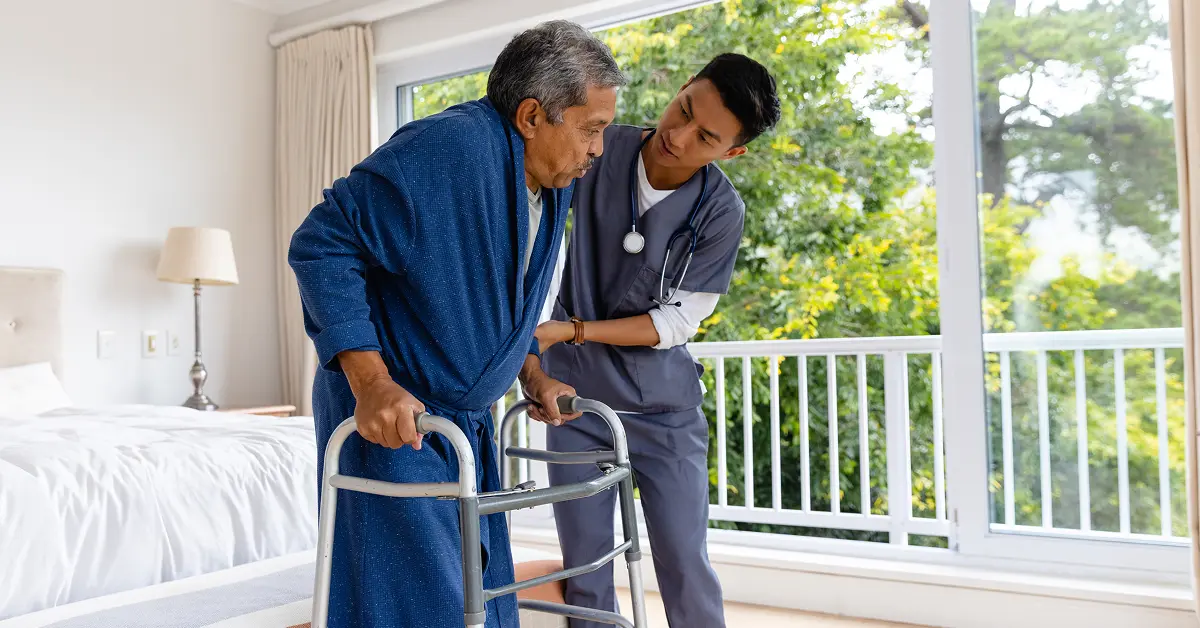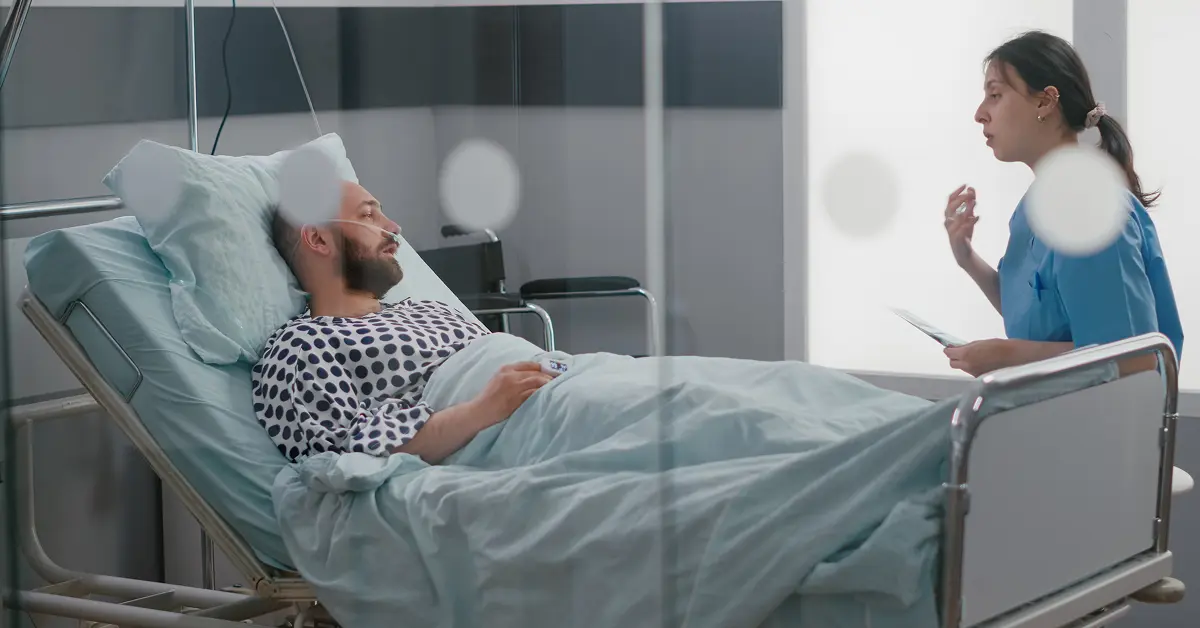Recovering from an illness, surgery, or medical procedure doesn’t end the moment you exit the hospital. The first few weeks at home are often the most crucial for full recovery. Hospital Discharge helps bridge hospital treatment and home-based recovery, reducing risks and supporting independence.
Understanding Hospital Discharge Care
Hospital discharge care is the plan and set of actions designed to help a patient move from hospital care to home care smoothly. Typical elements include medical instructions, medication schedules, dietary guidance, follow-up appointments, rehabilitation exercises, and warning signs to watch for.
Why Hospital Discharge Care Matters
Leaving hospital without a clear plan can cause delayed recovery, infections, unnecessary readmissions and stress for both patients and caregivers. In India — where family support is strong but formal follow-up may vary — a good discharge plan is essential to avoid costly and stressful readmissions.
Key Steps in a Good Hospital Discharge Plan
Detailed Medical Briefing
Doctors or nurses should explain the patient’s current status, what has been treated, and what ongoing care is required. This verbal briefing must be supplemented with written instructions.
Written Instructions
Providing written guidance for medications, diet, wound care and exercises helps families follow the plan accurately and reduces confusion during a stressful time.
Medication Management
- Provide a clear list of medicines with dosages, timing and possible side effects.
- Explain what to do if a dose is missed.
Diet and Nutrition Plan
Certain conditions need special diets: low-sodium for heart patients, high-protein for post-surgery healing, or soft food after dental procedures. Clear meal guidance speeds recovery.
Physical Activity Guidelines
Gradual activity and physiotherapy (if prescribed) help regain strength and prevent complications like blood clots or muscle wasting.
Warning Signs and Emergency Actions
Patients and caregivers should know when to contact a doctor immediately — for example, fever, increased pain, shortness of breath, excessive bleeding or wound discharge.
Follow-up Appointments
Scheduled follow-ups allow early detection of problems and adjustment of treatment plans.
Role of Caregivers in Home Recovery
In most Indian homes, family members serve as primary caregivers. Their responsibilities include administering medicines, monitoring symptoms, assisting with mobility and personal hygiene, and providing emotional support. When medical needs are complex, trained home nurses or caregivers can be invaluable.
Benefits of Professional Home Care
Many cities in India now offer post-hospitalisation home care. Advantages include expert monitoring by trained nurses, medical equipment support (oxygen, beds), personalised attention that speeds recovery, reduced family stress, and a lower risk of readmission.
Common Challenges After Discharge in India
Patients may still face hurdles such as unclear communication from hospitals, limited follow-up services in rural areas, difficulty acquiring medical equipment at home, and caregiver burnout. Better coordination between hospitals, home care providers and families helps overcome these barriers.
Practical Tips for a Smooth Recovery
- Prepare the home in advance: arrange the patient’s room for easy movement, keep essentials within reach, and install grab bars if needed.
- Maintain a recovery journal: track medicines, vitals and symptoms daily for doctors to review.
- Keep emergency contacts handy: hospital number, ambulance and pharmacy contacts should be easily accessible.
- Ensure proper nutrition: balanced meals speed healing and strengthen immunity.
- Encourage light activity: short walks or gentle exercises (as allowed) improve circulation and mood.
- Maintain hygiene: clean surroundings and wound care reduce infection risk.
Financial Planning for Post-Hospital Care
Post-hospital care may add costs for medicines, follow-ups, home nurses or physiotherapy. Many Indian health insurance policies include post-hospitalisation coverage for a limited period (commonly 15–60 days). Reviewing your policy can reduce out-of-pocket expenses.
Emotional and Mental Well-being
Recovery affects mental health as well. Patients may feel anxious or isolated—family support, counselling and light social interaction help maintain a positive mindset that aids physical recovery.
Conclusion
Hospital discharge care is the essential bridge between hospital treatment and full recovery at home. A clear, customised discharge plan combined with family support and professional home care when needed can significantly reduce complications and speed recovery. In India, integrating traditional family care with professional services often provides the best outcomes for patients leaving the hospital.
If you’d like, this article can be exported as a PDF, or I can generate a print-friendly version or blog-ready HTML with inline images and social share buttons. Click the button below to request any of these options.
Contents
- Understanding Hospital Discharge Care
- Why Hospital Discharge Care Matters
- Key Steps in a Good Hospital Discharge Plan
- Role of Caregivers in Home Recovery
- Benefits of Professional Home Care
- Common Challenges After Discharge in India
- Practical Tips for a Smooth Recovery
- Financial Planning for Post-Hospital Care
- Emotional and Mental Well-being
- Conclusion
Our 24*7 services
Latest Posts
- What Is Respite Care and Why Is It Important
- Affordable home care for senior citizens in India
- Caring for Seniors with Dementia or Alzheimer's at Home
- Senior Caregiving A Guide for Every Family
- How to Write a Caregiver Resume That Gets You Hired
- How Care After Hospital Discharge Speeds Up Recovery at Home
- How to Get Home Health Care for Seniors Through Medicare
- What Does a Senior Citizen Caregiver Really Do at Home
- How to Care for Elderly Parents with Alzheimer’s or Dementia
- How to Get 24-Hour Care for Seniors at Home



